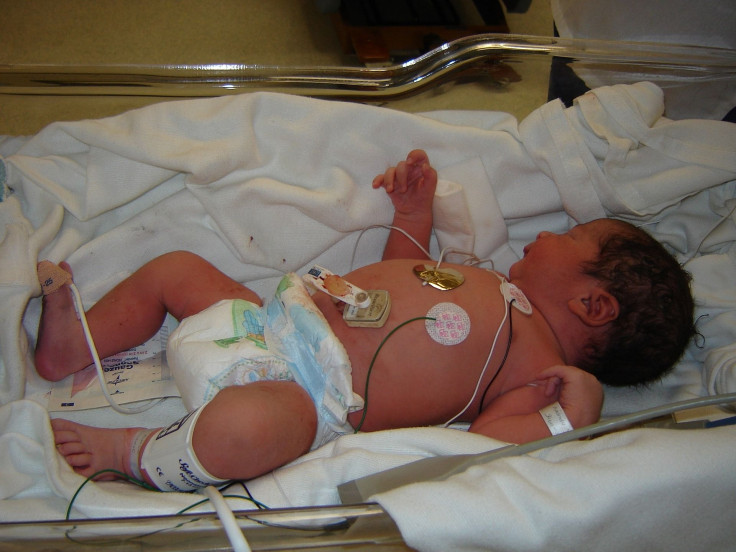8 Out of 9 Infants Who Tested Positive For COVID-19 Had Fever, Mild Illness
Infants less than 3 months of age who tested COVID-19 positive tend to be well, with little or no respiratory involvement. Fever was the only or primary symptom in those kids, according to a recent study.
"While there is limited data on infants with COVID-19 from the United States, our findings suggest that these babies mostly have mild illness and may not be at higher risk of severe disease as initially reported from China," News Medical quoted Leena B. Mithal, MD, MSCI, the study’s lead author and pediatric infectious diseases expert from Lurie Children's and Assistant Professor of Pediatrics at Northwestern University Feinberg School of Medicine.
A vast majority of infants who were a part of the study had a fever. This suggested that, for young infants being evaluated for fever, the coronavirus infection could be an important cause, especially in those regions where a widespread community activity is reported.
The researchers also highlighted the importance of evaluating bacterial infection in young babies with fever.
The Study:
The study included 18 infants without any significant medical history. Amongst the 50% of those infants who were hospitalized, none of them required intensive care, oxygen, or respiratory support.
Admissions were mainly for clinical observation, monitoring of feeding tolerance, and ruling-out bacterial infections in infants younger than 2 months old.
Key findings:
- Eight out of nine infants had a fever
- Four out of nine infants had cough or tachypnea
- Six out of nine infants had gastrointestinal symptoms including vomiting, diarrhea, and poor feeding
- Upper respiratory tract symptoms including cough and congestion preceded the onset of the above-mentioned gastrointestinal symptoms
- The babies also had notably high viral loads in their nasal specimens despite mild clinical illness
- A majority of them were infants of Latinx ethnicity (about 78%)
There is no clarity if young infants with fever who tested COVID-19 positive require hospital admission. Decision-making pertaining to hospital admissions is based on age, need for preemptive treatment of bacterial infections, clinical assessment, feeding tolerance, and adequacy of follow-up.
“Access to sick-visit care in some primary care pediatric offices has been limited, with practices referring symptomatic children to the emergency department. Limited access to telemedicine care also may be a factor. Finally, there may be a greater likelihood of exposure with extended family living in the home or family members working outside the home during this pandemic," Dr. Mithal told News Medical.

© Copyright IBTimes 2024. All rights reserved.






















